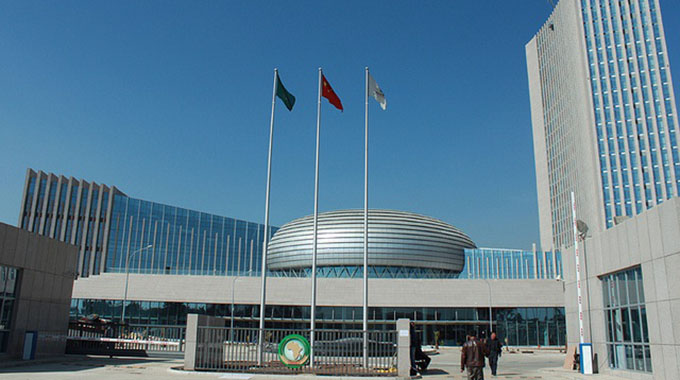Removal of banks from sanctions hailed

Herald Reporters
Bankers, farmers and economists have praised the full removal of Agribank and the Infrastructure Development Bank of Zimbabwe (IDBZ) from the US sanctions list, saying the development will help the agriculture sector, which is critical in turning around the economy.
The American Department of Treasury last week implemented an earlier decision to lift sanctions against the two banks by removing the need for those dealing with the banks from first obtaining specific permission. This allows Agribank and IDBZ to engage in international business more easily and obtain lines of credit.
The two banks were put under US sanctions in July 2008. In April 2013, the sanctions were partially lifted by the issuance of a licence permitting business with the two banks subject to limitations. In February 2016, they were removed from the sanctions list, but the licence requirements remained.
These licence requirements have since been removed with effect from Thursday by the Office of Foreign Assets Control of the US Treasury. Agribank acting chief executive, Mr Elfas Chimbera, told The Herald that the total lifting of OFAC sanctions, was a “very positive development for the bank”.
“In particular over the past several years, Agribank has been expanding the search for correspondent banking relationships as well as regional and international lines of credit to support agriculture financing and development. This development therefore, is positive as it measurably enables the bank to further expand the search for correspondent banking relationships as well as medium and long-term lines of credit critical for agriculture financing and development,” said Mr Chimbera.
Economist, Mr Persistence Gwanyanya, said the removal of sanctions for Agribank and IDBZ will help ease international transactions as well as help the two banks access international capital easily.
“It is very difficult for the external world to transact with Agribank as it was on the US sanctions list, which meant that all US dollar transactions had to go through the US and get scrutinised, with dire consequences for any party that breaches the regulations regarding transacting with anyone on the sanctions list as defined by United States Treasury’s Office of Foreign Assets Control (OFAC).
“Because of this, the banks lost its correspondent banking relationships, making it difficult to transact internationally.”











Comments